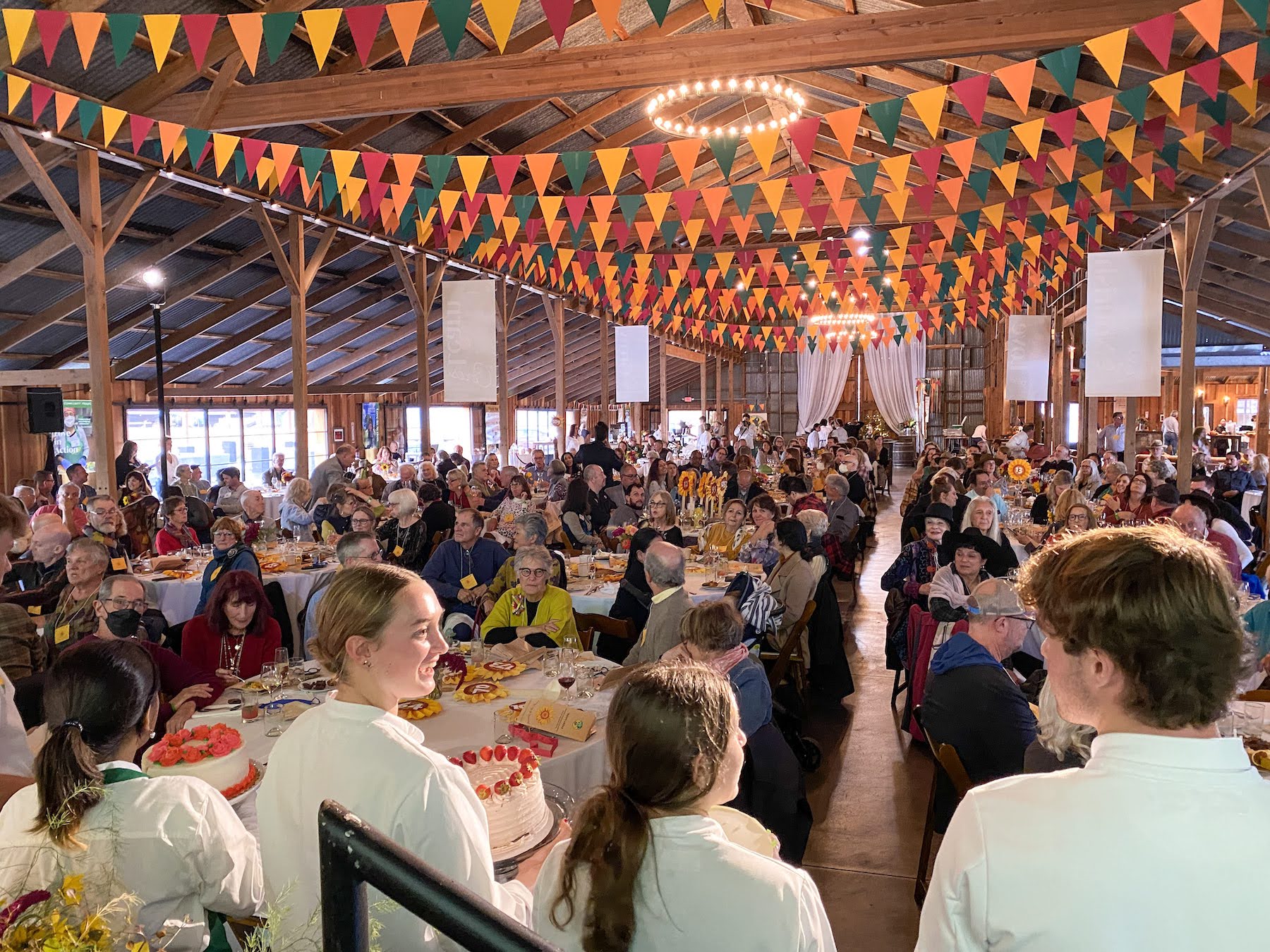Wineries Ideal For Romantic Getaways - Sebastopol Wine Country
Wineries Known For Handcrafted Wines - Sebastopol Area Wine Tasting
Wine tasting is an art that requires practice and an understanding of assorted elements involved in the process. One crucial component of wine tasting is the event and interpretation of tasting notes, which function a guide for both novices and seasoned connoisseurs. A Guide To Understanding Winery Wine Tasting Notes can improve your wine-tasting experience, making it extra significant and pleasant.
Tasting notes are concise descriptions that capture the essence of a wine’s flavors, aromas, and overall character. Usually composed by professional tasters, winery tasting notes offer insights into the nuances of various wines. They might help wine enthusiasts perceive what to expect from a selected bottle. Nonetheless, tasting notes can range extensively in style and element based mostly on the writer's experience and palate.
Wineries Focusing On Single Vineyard Wines - Sebastopol Wineries
When you first method a glass of wine, your senses will start to have interaction immediately. The sight, smell, and style of the wine will converge to offer you a complete experience. Tasting notes usually begin with the visible assessment, where the colour of the wine is taken into consideration. Shade plays a major position in indicating the wine’s age, grape selection, and even its flavor profile.
After assessing the visual aspect, the subsequent step includes swirling the wine in the glass. This motion aerates the wine, allowing its aromas to awaken. Smelling the wine provides crucial insight into its complexity. The preliminary sniff can deliver a flood of scents that may include fruity, floral, herbal, or earthy notes. This is often essentially the most subjective part of tasting, as individual experiences can dramatically differ.
In winery tasting notes, descriptors are often categorized into main, secondary, and tertiary aromas. Primary aromas often stem from the grape selection, secondary aromas derive from fermentation processes, and tertiary aromas come up from growing older. Understanding these classes can help you appreciate the depth of a wine, and they additionally provide the vocabulary to specific your experience higher.
Historical Wineries To Visit In Sonoma - Best Winery In Sonoma For Quality Wine
Following the olfactory encounter, your focus will shift to the taste of the wine. This is the place the first characteristics—sweetness, acidity, tannins, alcohol—come into play. Tasting notes typically detail these flavors in multiple dimensions, together with the initial assault on your palate to the lingering end on your tongue. A high-quality wine will current a harmonious balance between these factors.
Whereas tasting, it is important to ponder the body of the wine, which can be described as light, medium, or full. The body contributes significantly to your general impression, helping you think about how the wine pairs with food or whether it stands alone as a sipping wine. Balancing the physique with the opposite characteristics will provide you with a fuller understanding of what the wine has to supply.
The end of the wine, also referred to as the aftertaste, is another important aspect often included in tasting notes. A lengthy, nice end usually indicates a better high quality wine, while a short or cloying aftertaste could recommend in any other case. Evaluating the finish can offer additional perception into the wine's complexity and distinction.
Understanding the context of winery tasting notes can additionally be useful. Tasting notes can present contextual details about the winery's location, climate, and grape-growing practices. This context adds another layer of appreciation for the wine, permitting enthusiasts to attach the sensory experience with its origins, thus enhancing the enjoyment additional.
Best Chardonnays From Sonoma Winemakers - The Charm Of Sonoma Wineries
Many wineries provide tasting notes on their websites or labels, typically written in an approachable but informative style. However, not all winery tasting notes are created equal. Some may be overly technical, whereas others may prioritize advertising aptitude over insightful evaluation. Studying to navigate these notes can arm click reference you with the knowledge to make knowledgeable choices when selecting wines.
Taking Part in tastings at wineries can even deepen your understanding of wine tasting notes. Interacting with educated workers may give you a more hands-on approach to exploring different wines and the language used to explain them. Wine Tasting Experiences With Local Cheese. You Will have the chance to ask questions, engage in discussions, and potentially refine your palate in actual time.
Experimentation is crucial for mastering wine tasting notes. As you pattern totally different wines, try making your individual notes. Focus on describing the wine’s shade, aroma, taste, and finish. Over time, you’ll develop a private vocabulary that resonates along with your sensory experiences. Every note you create will help refine your palate, allowing you to understand wines at a deeper stage.
Wineries Producing Pinot Noir And Chardonnay - Sebastopol Wine Tours And Vineyards
In conclusion, a Guide To Understanding Winery Wine Tasting Notes offers a comprehensive framework for diving into the world of wines. It equips you with the strategies and language necessary to articulate your experiences. Whether Or Not you're a casual drinker or a dedicated aficionado, understanding and using tasting notes can profoundly influence your wine journey. This information not solely enhances your enjoyment but additionally connects you deeply with the wealthy narratives every bottle tells. By embracing this journey, you turn into a part of the attractive mosaic of wine tradition, the place every sip unveils a new story ready to be discovered.
- Wine tasting notes sometimes encompass quite lots of sensory descriptions, including aroma, flavor, acidity, body, and finish, allowing tasters to totally recognize the wine's traits.
- To enhance your understanding, familiarize yourself with widespread wine terminology similar to "tannins," "oakiness," or "terroir," which may help decipher the notes extra effectively.
- A systematic approach to tasting involves first visually assessing the wine's colour and readability, adopted by swirling to release aromas, then inhaling and describing what you experience.
- Taking notes during tasting can help establish patterns over time, bettering your palate and making it easier to recall preferences for future choices.
- Don't overlook the affect of food pairings; tasting notes can differ tremendously when a wine is enjoyed with complementary flavors, altering perception and enjoyment.
- Pay consideration to the wine’s vintage, as weather conditions in a given yr can significantly affect the ultimate product, adding another layer to the tasting notes.
- Contemplate the winemaker's style and philosophy, which might shape the wine's profile and impact how its notes evolve with every sip.
- Working Towards with totally different grape varieties can broaden your vocabulary; each kind brings distinctive characteristics that can improve your capability to articulate tasting notes effectively.
- Partaking with wine professionals or attending tasting events can present valuable insights, providing a richer context for understanding personal tasting notes.
- Keep In Mind that tasting is subjective; individual preferences and experiences will form one’s interpretation of the same wine, enriching the overall enjoyment of wine exploration.
What are wine tasting notes?
Wine tasting notes are descriptive feedback made by tasters about the appearance, aroma, style, and finish of a wine. They present an outline of the wine's characteristics and may help consumers perceive the style and high quality of the wine.
Wineries With Picnic Areas - Sonoma County Wine Tasting Locations
Why are tasting notes essential when selecting wine?
Tasting notes can guide you in selecting a wine that fits your palate. They provide insights into flavors and aromas, serving to you to match wines with food or occasions. Understanding these notes enhances your general wine experience.
How should I learn wine tasting notes?
(Wine Tasting redirected here Tours In Russian River Valley)
Wineries Offering Elegant Wine Tastings - Best Wineries For Wine Tasting Sonoma Area

When studying wine tasting notes, pay consideration to the construction: look for descriptions of colour, aroma, flavor, and end. This will assist you to grasp the wine's profile and decide if it aligns with your preferences.
What phrases commonly appear in wine tasting notes?
Frequent terms embrace "tannin" (the structure), "acidity" (the crispness), "physique" (the weight), and various flavor descriptors like "fruity," "earthy," or "spicy." Familiarizing yourself with these phrases can deepen your understanding of wine.
Wineries Ideal For Romantic Getaways - Wineries To Visit
Can I create my own tasting notes?
Yes! Writing your own tasting notes can enhance your wine tasting experience. Focus on your observations of style, aroma, and different sensory traits. This personal practice might help you refine your palate over time.
How do I determine the aromas in wine tasting notes?
Spectacular Vineyard Views In Sonoma - The Charm Of Sonoma Wineries
To identify aromas, practice smelling a wide selection of scents and associating them with wines. Swirl the wine in your glass to release its aromas, then take a second to breathe in deeply earlier than figuring out any distinguished scents.

What is the difference between professional and private wine tasting notes?
Professional tasting notes could use more technical language and specific terminology, whereas personal tasting notes are subjective and replicate individual experiences. Both are priceless for understanding and enjoying wine, but personal notes might resonate extra with your unique tastes.
How can tasting notes improve my wine appreciation?
Wineries Known For Their Beautiful Gardens - Sonoma Vineyards To Explore
Tasting notes can improve your appreciation by serving to you to grasp and articulate the complexities of wine. They encourage conscious tasting and supply a framework for comparing completely different wines, resulting in a richer enjoyment of the beverage.
Are there any apps or tools to help with wine tasting notes?
Yes, there are several apps designed to assist customers report and arrange their tasting notes. These tools often offer options like flavor wheel guides and wine database searches, making it simpler to trace your journey via totally different wines.